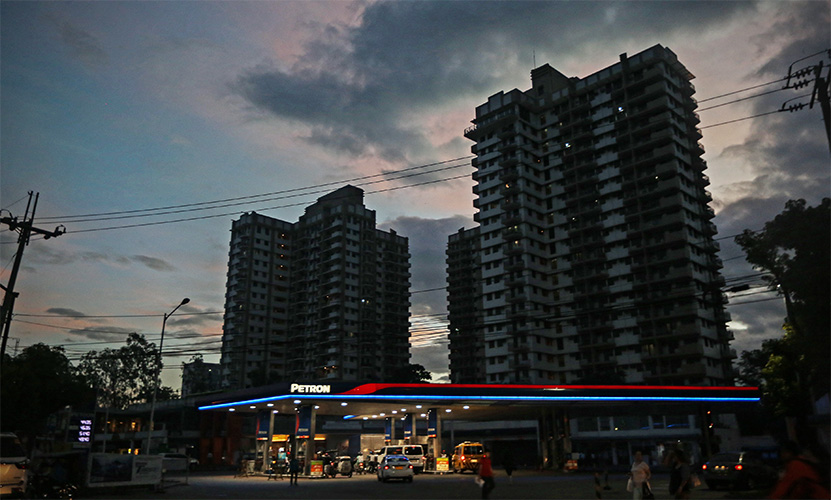As the country moves toward the promotion of sustainable transportation in a post-COVID-19 world, Senator Win Gatchalian sees the urgency to lay down a sound policy and regulatory framework for the adoption of electric vehicles (EVs) and the sustainability of the e-vehicle ecosystem.

The Senate Committee on Energy Chairman stressed that the government needs to be ready with its policies and infrastructure before the e-vehicle becomes popular in the country. Citing the 2019 data of the Bloomberg New Energy Finance, Gatchalian forecasted that the cost of EVs could reach parity with traditional internal combustion engine (ICE) vehicles by year 2024 as batteries become much cheaper.
“We have to make sure that we have the right policies, the right infrastructure, and the right incentives so we will be ready to roll out the EVs in a big way,” he said.
According to the lawmaker, Senate Bill 1382 or the Electric Vehicles and Charging Station Act, which he authored and sponsored, supports the transition to new technologies, aims to generate jobs, and attract investments to grow globally competitive.
While the COVID-19 crisis shows that effective public transport is vital to keeping cities running and quarantine measures have put a strain on the country’s public transport system, Gatchalian said over the long term, public transport is one investment that can create jobs quickly while reducing carbon emissions and innovating people’s access to their workplaces.
The bill is now up for interpellation in the Senate and once the bill becomes a law and if implemented correctly, the senator expresses confidence that the country’s dependence on oil will be greatly reduced and that the country will save Php 297.92 billion of annual oil importation.
The bill provides fiscal and non-fiscal incentives for the importation, utilization, and manufacture of EVs. This includes a 9-year exemption from value-added tax, customs duties, and discounts on the Motor Vehicle User’s Charge as well as expedited registration procedures for EV users.
According to the 2018 Philippine Statistical Yearbook, the country imports 96.84% of crude oil. At least 74% of the country’s crude oil import comes from the Middle East, making the country more vulnerable to supply and pricing disruptions.
Gatchalian is also sponsoring the measure to further promote and adopt electric vehicles (EV) in the country, which he says will help reduce Philippine greenhouse gas (GHG) emissions and foster greater energy independence. He pointed out that the transport sector is the second biggest GHG contributor in the country with 31.6%, citing the 2017 DOE data.
“If you want to reduce the GHG in the country, you hit the transport sector. If you want to increase the energy security in the country, you hit the transport sector. That’s why our rationale for promoting the EVs in the country is to improve the air quality, improve environmental conditions, and promote energy security,” Gatchalian concluded.


